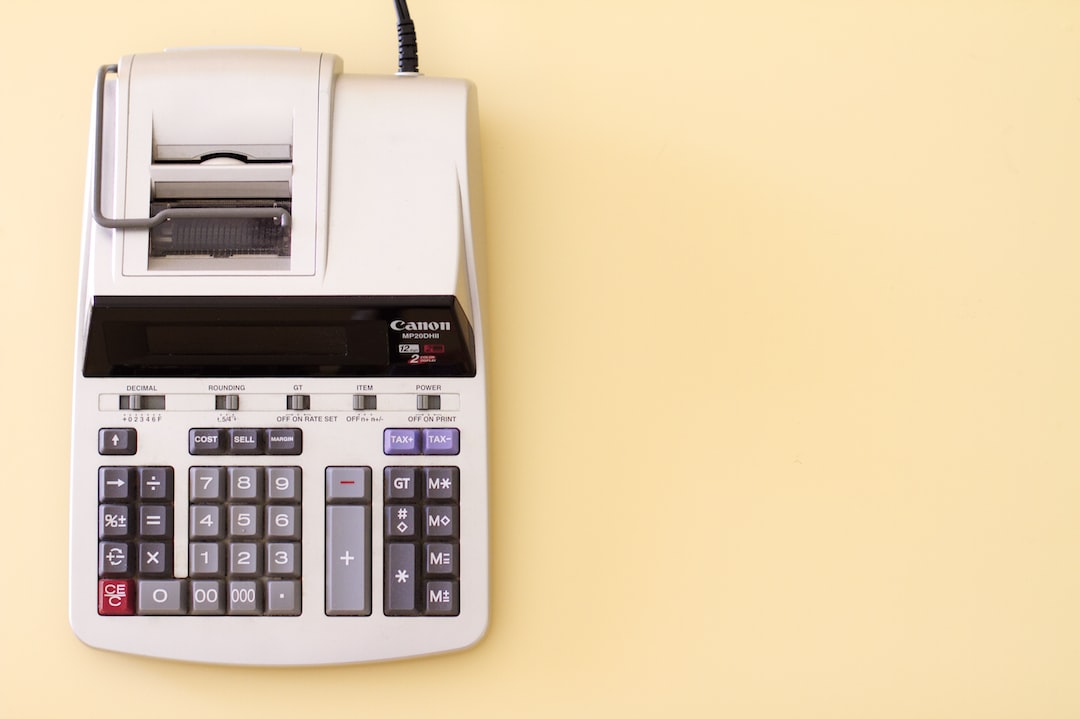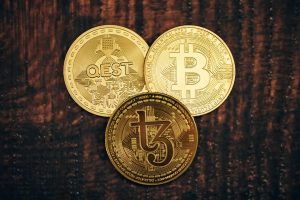Forex trading has grown in popularity over the years, with traders all over the world engaging in the buying and selling of currencies. Japan is no exception, and its traders have adopted various techniques to achieve success in the forex market. In this article, we will explore how the Japanese trade forex.
Forex Trading in Japan
Forex trading in Japan is regulated by the Financial Services Agency (FSA), which is responsible for ensuring that all forex brokers operating in the country comply with the rules and regulations set out by the Japanese government. This includes setting minimum capital requirements for forex brokers, ensuring that customer funds are kept in segregated accounts, and providing protection to investors in case of bankruptcy or fraud.
The Japanese yen is the third most traded currency in the world, after the US dollar and the Euro. This means that there is a high demand for yen in the forex market, which makes it an attractive currency for traders. However, the Japanese economy is also heavily dependent on exports, which means that the value of the yen is closely tied to the performance of the country’s export market.
Japanese traders are known for their discipline and patience. They are meticulous in their analysis and tend to make well-informed decisions based on a combination of technical and fundamental analysis. They also tend to be long-term traders, preferring to hold positions for weeks or even months, rather than trying to make quick profits by day trading.
Technical Analysis
Technical analysis is an essential tool for Japanese traders. They use a range of indicators, such as moving averages, stochastic oscillators, and Bollinger bands, to identify trends and make predictions about the future direction of a currency pair. They also pay close attention to support and resistance levels, which can indicate potential price reversals.
One popular approach in Japan is the Ichimoku Kinko Hyo (IKH) system, which was developed by Goichi Hosoda in the 1930s. This system uses a range of indicators to provide a comprehensive overview of the market, including trend strength, momentum, and support and resistance levels.
Fundamental Analysis
Fundamental analysis is another critical tool for Japanese traders. They pay close attention to economic indicators, such as GDP, inflation rates, and trade balances, to identify potential changes in the value of a currency. They also monitor political and social events, such as elections or natural disasters, which can have a significant impact on the forex market.
Japanese traders are also known for their focus on the carry trade, which involves borrowing in a low-interest-rate currency and investing in a high-interest-rate currency. This strategy can be profitable if the exchange rate remains stable, and the interest rate differential is significant.
Risk Management
Risk management is a crucial aspect of forex trading, and Japanese traders are known for their conservative approach to risk. They tend to use low leverage and limit their exposure to any single currency or trade. They also use stop-loss orders to limit their losses if a trade goes against them.
Conclusion
In conclusion, Japanese traders are known for their disciplined and patient approach to forex trading. They use a combination of technical and fundamental analysis to make well-informed decisions, and they are conservative in their risk management. With the Japanese yen being the third most traded currency globally, forex trading is a crucial aspect of the country’s economy. The FSA’s strict regulations ensure that forex brokers operating in Japan adhere to high standards, providing a safe and secure environment for traders.





